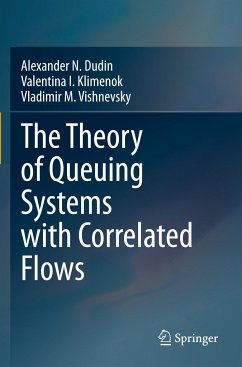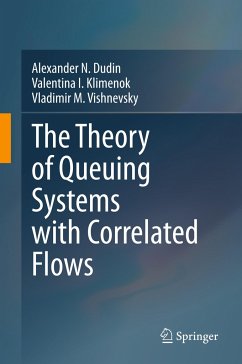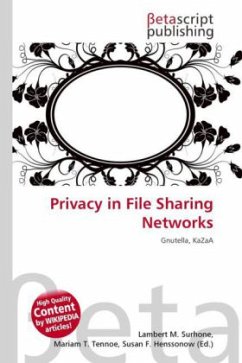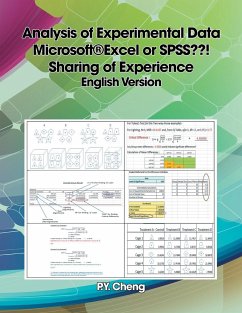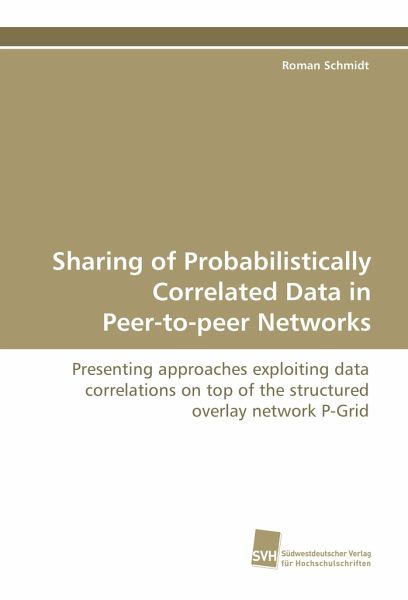
Sharing of Probabilistically Correlated Data in Peer-to-peer Networks
Presenting approaches exploiting data correlations on top of the structured overlay network P-Grid
Versandkostenfrei!
Versandfertig in 6-10 Tagen
89,90 €
inkl. MwSt.

PAYBACK Punkte
0 °P sammeln!
Complex query operators usually require joint access to multiple data entries whereas single key lookups usually only affect a single data entry. The partitioning of the distributed index of standard structured overlays is optimized towards single key lookups and joint data access as, e.g., required by Peer Data Management Systems (PDMS) was neglected so far. (Distributed) databases have already shown that (index-)data organization supporting correlated data access is necessary and crucial for efficient processing, as network usage is minimized. We aim at applying this insight to structured ov...
Complex query operators usually require joint access to multiple data entries whereas single key lookups usually only affect a single data entry. The partitioning of the distributed index of standard structured overlays is optimized towards single key lookups and joint data access as, e.g., required by Peer Data Management Systems (PDMS) was neglected so far. (Distributed) databases have already shown that (index-)data organization supporting correlated data access is necessary and crucial for efficient processing, as network usage is minimized. We aim at applying this insight to structured overlays by clustering correlated data frequently accessed jointly by applications, including PDMS but also other types of applications. Data correlations can be derived from different sources, data properties, processing properties, users and applications. We study and present solutions for three different types of correlations in the context of different applications. Our approaches are realized on top of the structured overlay network P- Grid although they are generic enough to be applied to other P2P networks with similar properties.







